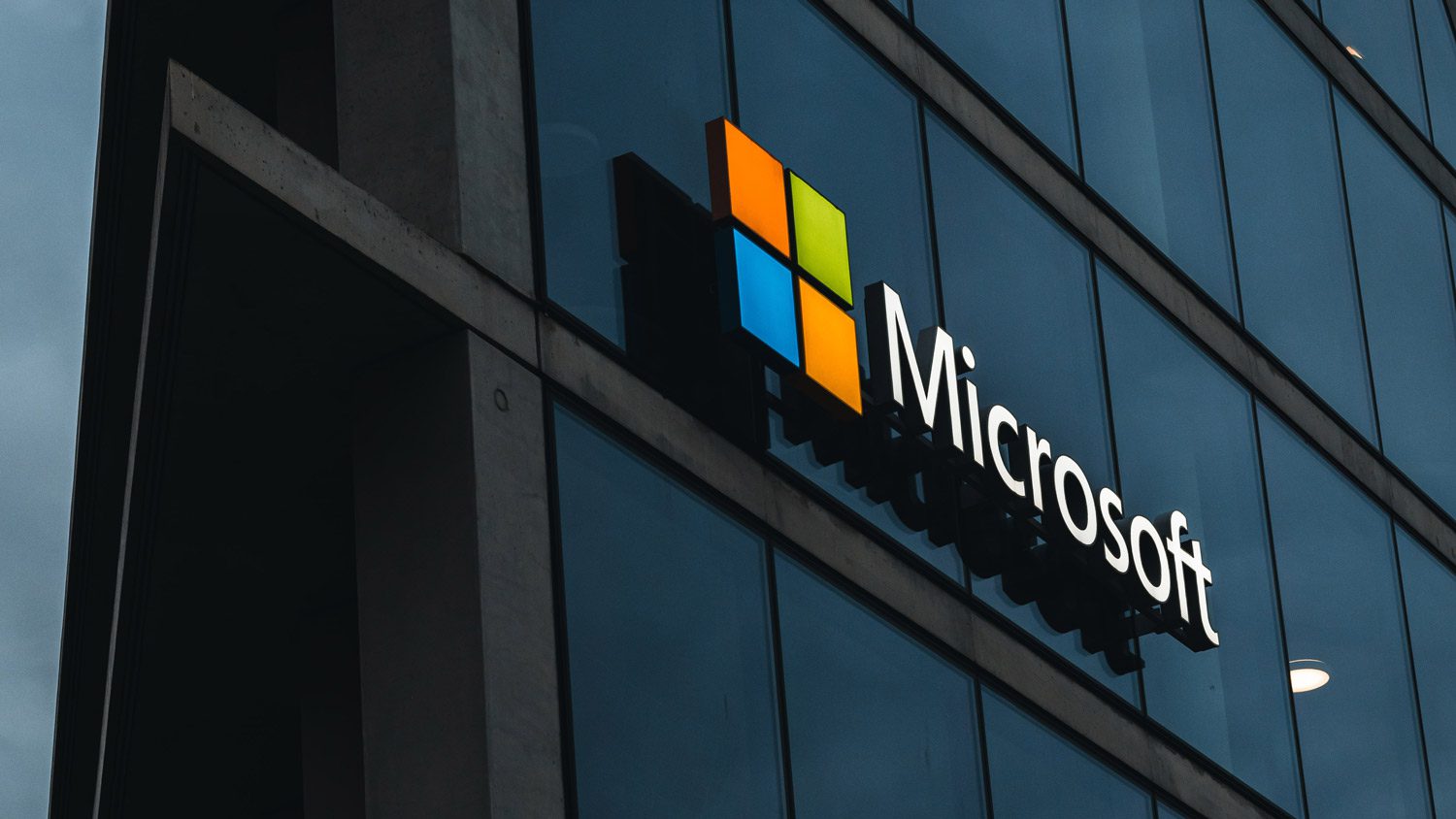


Microsoft Rockets Again!
July 15, 2021


Trillion-dollar Companies
November 4, 2021International Investing for South Africans
International markets have been attracting South African Investors for decades. Many South Africans want to invest overseas, many already have and thousands add to their overseas investments every year.
The rewards are obvious. The returns are much higher, you harvest the diversification benefits from low correlations with emerging markets, foreign currencies are more stable and stronger (e.g. the Swiss Franc and New Zealand Dollar) and you obtain a level of political insurance.
Problematically most South Africans have the vast majority of their assets in South Africa and they are therefore denominated in Rands. South Africa is classified as an emerging market and represents less than one percent of all investable markets. Conversely this means that more than 99 percent of the available universe of investments is ignored.
A further problem with emerging markets is that although at times they can show very strong growth, they all have a tendency to display extreme volatility. Circumstances can change quite rapidly as emerging markets mature and become sophisticated but they can also, unfortunately, experience devastating declines.
By moving some of your assets into mature markets (the United States, Europe and New Zealand), you gain the safety of diversification. Furthermore, you gain the opportunity to choose from a much wider asset class. Excellence and performance is not confined to a specific corner of the world. Superb managers work day and night wherever they may be and capitalize on every opportunity they find no matter where it is. If you search worldwide, you will find more growth investment opportunities that if you stick to only one country.
Of course, there are detractors, such as governments with exchange controls that discourage or forbid citizens to invest overseas. This, in itself, is a warning and should convince you.
As a country still striving to complete the democratization process and with a tax regime based on worldwide income, exchange controls have overstayed their welcome. Furthermore, how can we plausibly argue the viability of South Africa as an investment destination when we do not have the courage to completely scrap exchange controls.
Investing overseas remains a complex matter. The investment universe is huge. There are approximately 40 000 mutual funds and 10 000 large capitalisation stocks. Opportunity ranges from stocks to bonds, hedge funds and thousands of derivative products.
Each investment opportunity needs to be studied to determine its place and appropriateness in terms of characteristics of risk and potential return.
Also, unlike South Africa, overseas countries have many different markets. The US, for example, has a number of stock exchanges that have different trading methods and services. The main US markets are the New York Stock Exchange (NYSE) and the National Association of Security Dealers’ Automated Quotations (NASDAQ).
The Nasdaq is typically home to high-tech companies and is totally computerised. Trading takes place via computers without a trading floor, similar to the system now used by the JSE.
The NYSE is home to the old economy smoke stack – type companies and operates in the old – fashioned way, where brokers and specialists trade on the floor of the exchange.
Not withstanding the difficulty and trepidation of investing abroad, globalization increases daily. Foreign and local markets are increasingly integrated and investors who do not educate themselves and who are unfamiliar with international investments will find themselves at a growing competitive disadvantage.
When allocating investment capital, it is most important to stick to a trend against a back drop of emerging demographics. Studying these trends will immediately turn your focus on areas that are growing rapidly. The work from anywhere phenomenon, the increased competition for specialist staff, the increased stay at home emphasis, medical issues and an increased rate of obesity are just a few areas that are more significant now and must get more investment attention.
Well into the second year of the pandemic it is now very clear who the winners and losers are. There is a massive need for new technologies and new areas of science are developing rapidly. There is so much opportunity, especially if you look worldwide.
If you restrict your investment to South Africa, you will miss out on investments like Apple, Microsoft, Google, Facebook, Tesla, Moderna, etc. These companies are still great investments but there are many other smaller companies that are growing even faster.
Let’s look at some numbers. A decade ago, Fenestra predicted that Apple would become the world’s most valuable technology company. We also recommended Amazon shares when they were trading at $185. They are now trading at $3345. Apple’s shares were then trading at $12. They have risen to $146.
These shares have gained hundreds of percentage points and some of Fenestra’s 2020 picks are already up more than 100%.
Apple is now the most valuable company in the world, worth 2.42 – trillion. Microsoft is worth $2.18 – trillion and Amazon is third at $1.70 – trillion. This is extreme wealth creation!
EXTRAORDINARY PROFITS FROM ORDINARY SHARES * WINNING STOCK MARKET STRATEGIES
If you are not happy with your portfolio performance or would like a second opinion,
please do not hesitate to contact Fenestra on 021 689 7855 for a free review of your portfolio.


